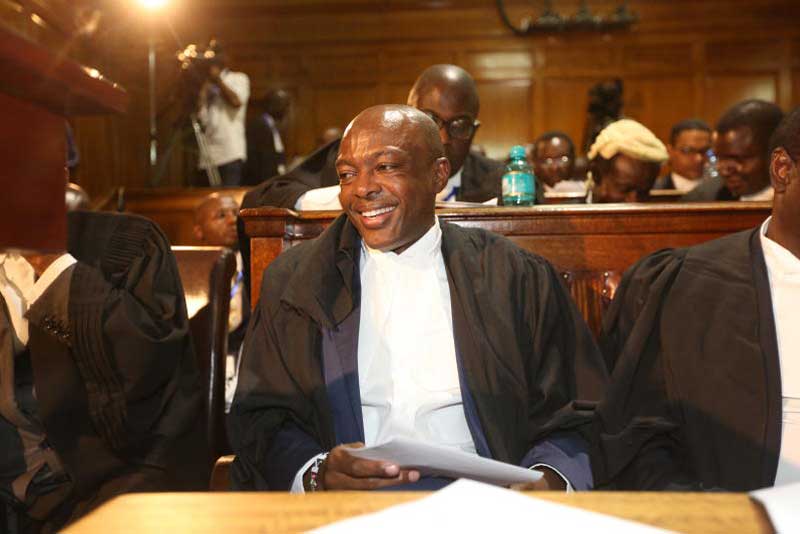
A letter from a State agency is what helped the Government to win the Sh6.2 trillion mining dispute in a US based tribunal. National Environmental Management Authority (Nema) rejection of any possible mining for Niobium and Rare Earth at Mrima Hills in Kwale County was critical in sealing the fate of the case.
According to the Kenyan lead lawyer Kamau Karori who is a partner with DLA Piper and IKM Advocates, on March 22, 2013, Prof Geoffrey Wahungu, then Nema Director General wrote to Cortec denying them the licence to the mining at Mrima Hills. He instead asked them to explore alternative sites.